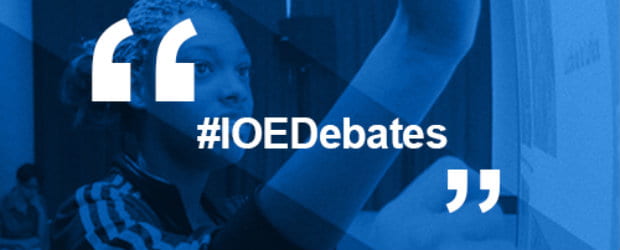Inspiring teachers to learn together: why our partnership with schools enriches deep learning for early career teachers
By Blog Editor, IOE Digital, on 19 October 2021

14995841 / Pixabay
19 October 2021
By Qing Gu, Mark Quinn, Hilary Adli and Sue Hellman
The Department for Education’s proposal to radically restructure Initial Teacher Education (ITE) has renewed an ongoing debate about why universities must have a key role to play in the education of our future teachers.
As we have successfully launched our Early Career Teacher Full Induction Programme nationally, we feel obliged to contribute to the debate by sharing what we have learned from leading partnerships with like-minded schools and universities to provide the professional development pathways that enable early career teachers to fulfil their passion, purpose and commitment as lifelong educators. Our Full Induction Programme is established in the early roll-out areas through the UCL Early Career Teacher Consortium and our national roll-out provision with 21 school-led Delivery Partners.
Schools and universities have a century-old history of working together. Our experience reinforces (more…)
 Close
Close











